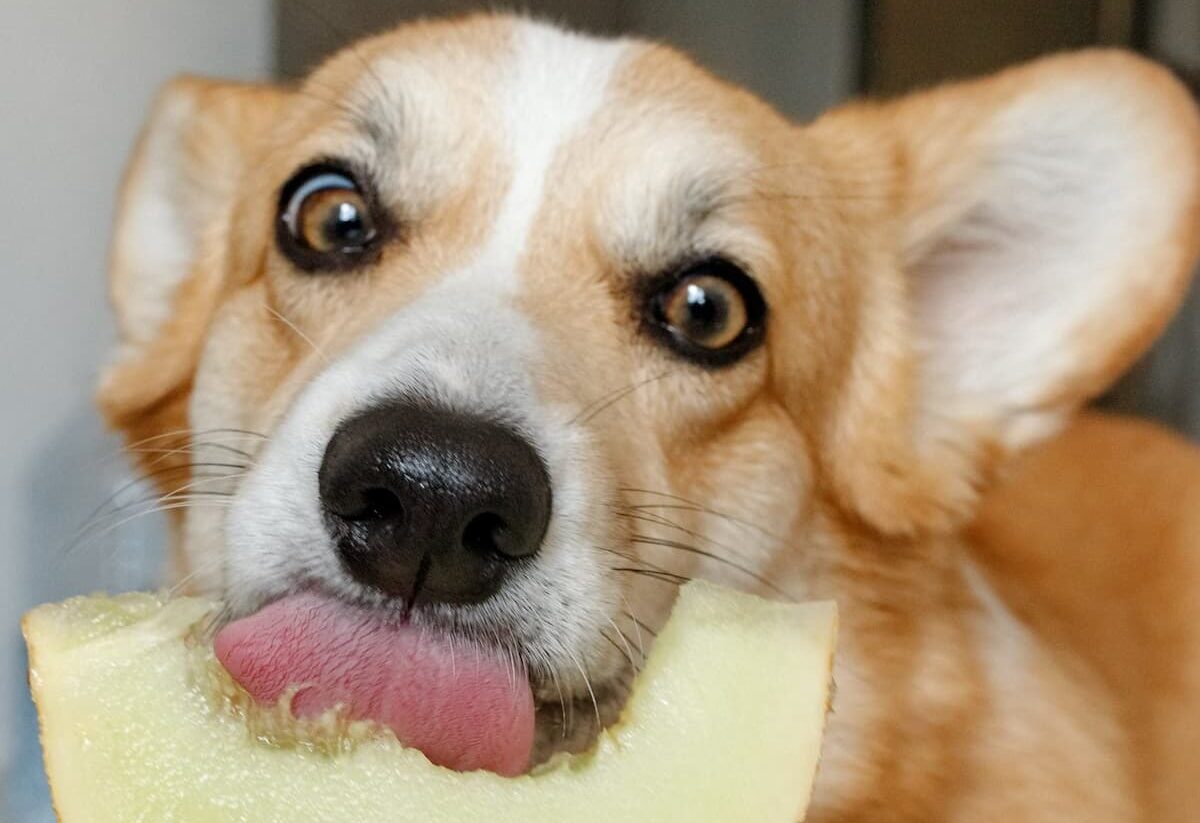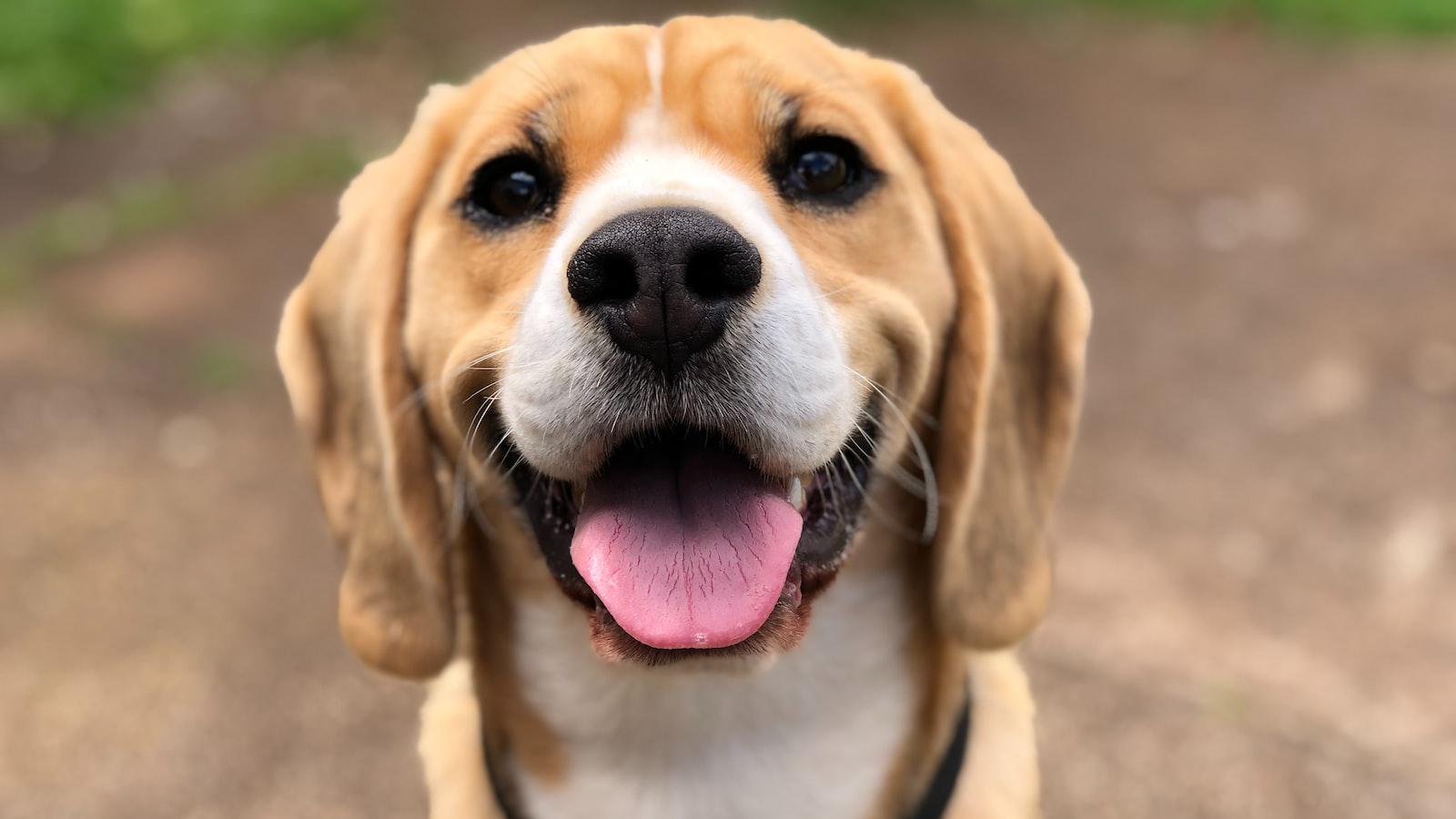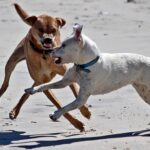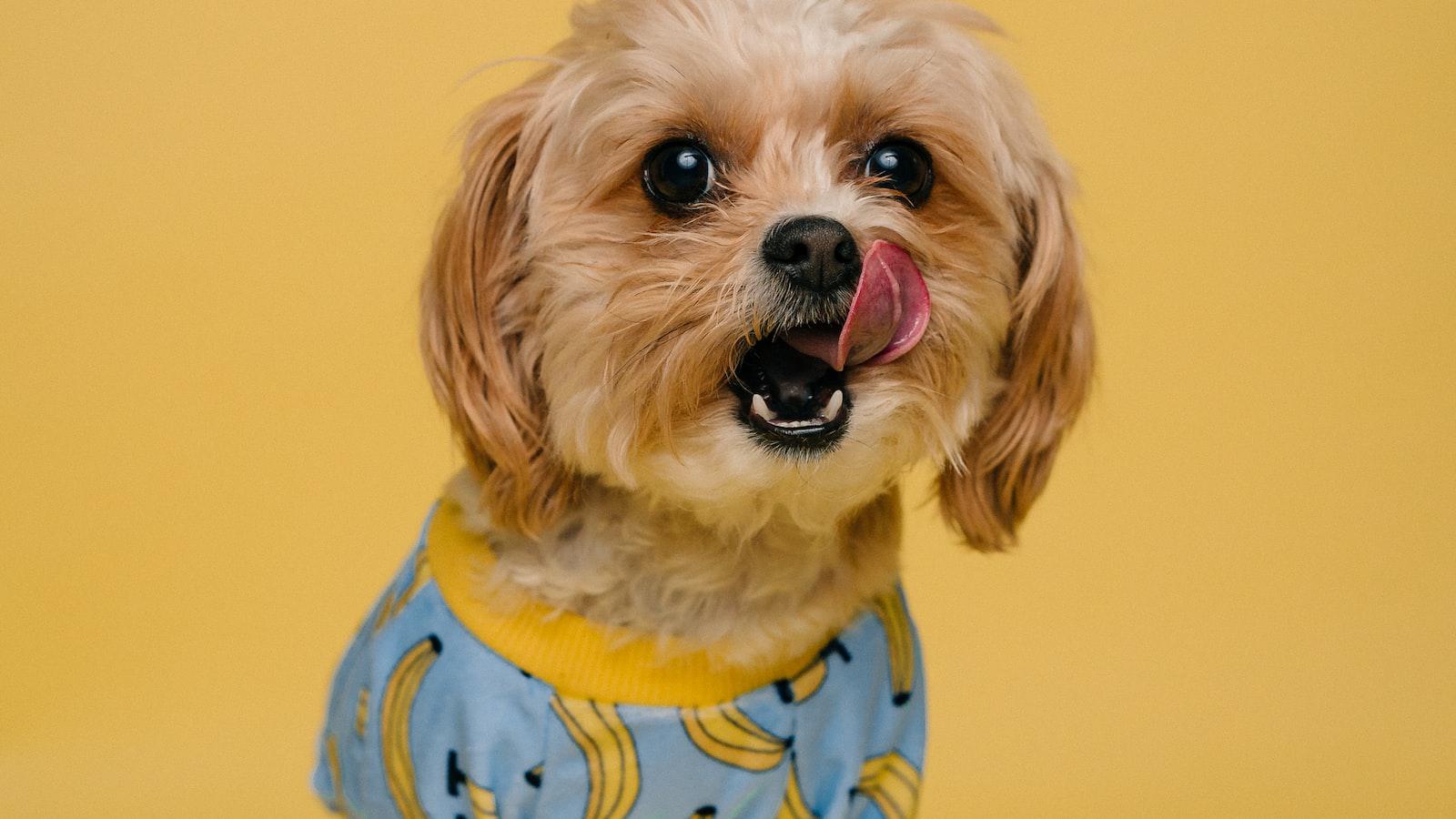Do you ever wonder why dogs can’t resist a good drool-inducing lick on your face?
It’s a curious phenomenon that has left pet owners puzzled for ages.
Whether it’s the early morning wake-up call or the end-of-the-day welcome home, your furry friend’s slobbery affection is undeniably endearing yet simultaneously perplexing.
So, what’s the deal with dogs and their affinity for spit?
This article has all the gross details.
Exploring the Reasons Dogs Love Spit
Have you ever wondered why dogs seem to have a peculiar fascination with saliva, whether it’s their own or that of their human companions?
This seemingly strange behavior can actually be traced back to their instinctual nature and biological makeup.
It’s all about communication
Dogs have an incredible sense of smell, and their tongues are a vital part of their communication toolkit.
When they lick us, they can detect intricate chemical cues present in our saliva, which reveal a plethora of information.
They can pick up on our emotions, identifying stress or happiness, and even determine our overall health by detecting changes in our scent.
So, when Fido showers you with licks, it’s his way of seeking information and connecting with you on a deeper level!
Creating bonds
Licking is also a way for dogs to strengthen their bond with their human companions.
Similar to how a mother dog licks her puppies, adult dogs use this behavior to solidify relationships.
Dogs view their owners as part of their pack, and licking is their way of showing affection and reinforcing their social connection.
The act of licking triggers the release of feel-good hormones, such as oxytocin, in both the licker and the recipient.
This mutual exchange of love and trust strengthens the bond between the dog and its loved ones, creating a deeper sense of connection.
So, the next time your furry buddy gives you a big lick, remember that it’s their way of saying, “You’re a part of my pack, and I love you!”
Tasting all the deliciousness
Dogs have taste buds just like us, although their sense of taste is slightly different.
When they lick us, they can taste traces of the food we have consumed, giving them a unique sensory experience.
Additionally, dogs have a fondness for the saltiness of our sweat, which they can detect through our saliva.
So, to them, a lick isn’t just a simple caress – it’s like a flavorful adventure that satisfies their curious palate!
A natural disinfectant
Have you ever noticed how dogs lick their wounds instinctively?
Well, there’s a good reason behind this behavior.
Doggy saliva contains enzymes that possess antimicrobial properties, which can help clean and disinfect minor cuts and abrasions.
In fact, studies have shown that these enzymes can accelerate the healing process by preventing the growth of certain bacteria.
So, when your furry friend tends to their own wounds with a lick, they’re actually leveraging the natural healing properties of their saliva.
Talk about a clever self-care routine!
Tips to Manage Excessive Dog Licking and Maintain Cleanliness
Dogs have their unique and sometimes quirky ways of showing affection, but excessive licking can sometimes become a challenge for both the dog and its owner.
If you’ve found yourself wondering why your furry friend loves to shower you with slobbery kisses or why they can’t seem to stop licking themselves, keep reading!
Let’s see the tips that you can do to manage excessive dog licking and maintain their cleanliness:
1. Offer alternative distractions
Dogs often resort to licking as a way to relieve stress or anxiety.
To redirect their attention, provide them with appropriate chew toys or puzzle feeders that can keep them occupied and mentally stimulated.
This helps deter them from constantly licking, ensuring they channel their energy into more productive activities.
2. Promote oral hygiene
While doggy kisses can be adorable, excessive licking can lead to unwanted germs and bad breath.
Regularly brushing your dog’s teeth with specially formulated dog toothpaste helps keep their oral hygiene in check.
Additionally, try offering dental treats or toys designed to promote healthy gums and teeth.
These not only discourage excessive licking but also contribute to their overall wellbeing.
3. Establish consistent boundaries
Consistency is key when it comes to managing excessive licking.
Set clear boundaries and train your dog to understand when licking is appropriate and when it is not.
Use positive reinforcement techniques, such as rewarding them when they refrain from licking or follow your commands.
Remember, consistency and patience go hand in hand when teaching your furry companion new behaviors.
By implementing these tips, you can train your dog to control their excessive licking habits, ensuring a cleaner and more hygienic living environment for both you and your beloved pet.
Don’t forget to consult a veterinarian if you notice any unusual or persistent licking behavior, as it could be a sign of an underlying health issue.
Together, let’s create a happier and healthier life for our furry friends!
Nurturing Your Dog’s Affection without Reinforcing Spit-Related Behavior
While licking can be endearing, excessive slobbering may not always be desirable.
To strike a balance and foster a healthy relationship with our dogs, it’s crucial to set boundaries.
One effective way is to redirect their behavior by offering alternative forms of affection, such as petting or gentle scratching.
By providing positive reinforcement for non-spit-related behaviors, we can encourage them to express their love without leaving a trail of saliva in the process.
FAQ
Q: So, why might our furry friends find our spit so appealing?
A: One reason could be that dogs simply enjoy the taste of our saliva.
Human saliva can contain traces of leftover food, which could be quite enticing for our four-legged buddies.
They are natural scavengers after all!
Q: That’s interesting!
But does that mean dogs just have a bizarre palate for saliva?
A: Not exactly!
Another possibility is that dogs are drawn to our saliva because they associate it with their beloved humans.
Dogs have an amazing sense of smell, and our saliva carries unique scents that are specific to us.
So, when they lick our faces or try to catch our drool, it could be their way of connecting with us.
Q: So, it’s more about seeking connection and familiarity rather than the actual spit itself?
A: Absolutely!
Dogs are incredibly social animals and thrive on companionship.
They have learned to show affection and seek comfort through physical contact.
Licking and nuzzling are some of the ways they express love, and our saliva offers them a way to feel closer to us.
Q: That’s adorable!
But should we let our furry friends indulge in our spit?
A: While it’s generally harmless, it’s important to keep a few things in mind.
Firstly, remember that human saliva can contain bacteria and pathogens that might not be healthy for dogs if consumed in large quantities.
So, it’s best to discourage excessive licking, especially around sensitive areas like wounds.
Q: Got it!
So, we shouldn’t panic if our pup occasionally wants a taste, but we should also be mindful of their well-being.
Anything else we should be aware of about dogs like spit?
A: Absolutely!
It’s important to maintain good oral hygiene for both ourselves and our furry companions.
Regularly brushing our dog’s teeth and providing them with appropriate chew toys can help keep their dental health in check, reducing the need for them to seek out “alternative” oral stimulation like saliva.
Drawing the Final Curtain
From their instinctual grooming behaviors to the bonds they form with their human companions, there seems to be a multitude of reasons why dogs are so enamored with our saliva.
As we learned, the act of licking is deeply rooted in their evolutionary past, serving as a means of communication, affection, and even survival.
It’s truly remarkable how these furry friends have preserved these ancient traits into the modern world.
So, the next time you find your furry companion showering you with slobbery kisses, remember that they’re not just aiming to get a taste of your mouth-watering dinner.
They’re merely expressing their love, forming social bonds, and seeking comfort, just as their ancestors have done for thousands of years.
Understanding this strange and endearing behavior opens a window into the rich and complex world of our four-legged companions.
So let’s appreciate these wet, slobbery displays of affection and recognize it as yet another way dogs remind us of the extraordinary emotional and physical connections we share with them.












